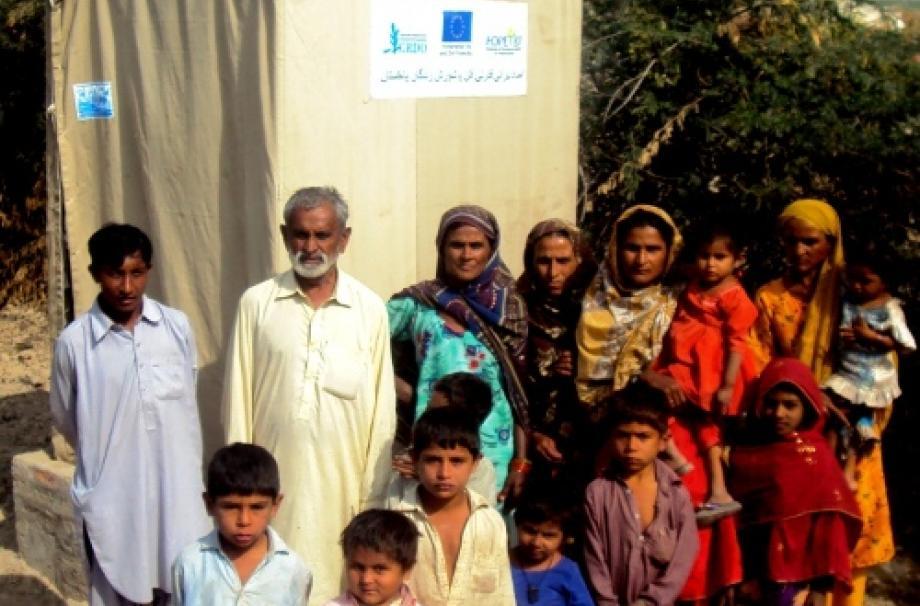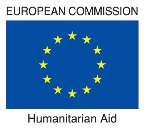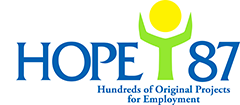Humanitarian assistance for natural disasters and conflict victims in Pakistan

This humanitarian aid project that was implemented by HOPE’87 Pakistan with the financial support of the European Commission’s Humanitarian Office (ECHO) in the districts Sindh and Khyber Pakhtunkhwa (KPK) aimed at improving living and hygiene conditions of the vulnerable ppopulation affected by natural disaster and/or conflict in Pakistan and to sustain and safeguards their lives and health. It focused on the WASH-sector (Water, sanitation and hygiene promotion) which was found to be a major issue in these districts in a Multi-cluster needs assessment conducted jointly by HOPE’87, Hilfswerk Austria and ADRA in December 2011/January 2012. Following previous WASH-interventions of HOPE’87, the project focused on three results benefitting more than 80.000 people in the two districts. One result of the project was that the safe drinking water is available and used by the beneficiaries. This was achieved by restoring damaged water supply schemes and hand pumps. A second aspect was the construction of household latrines and the cleaning of drainage channels to ensure safe disposal of human excreta. The construction involved a cash for work component to increase local knowledge and skills and to ultimately help the regional economy to improve. Awareness raising and hygiene promotion sessions were conducted throughout the project to improve hygiene practices.
The local implementing partner of HOPE'87 Pakistan for this project was the Community Research & Development Organization (CRDO), a non-profit multi-sector organization working in KPK, Sindh,
Punjab and FATA.
Cross cutting issues:
Gender Equality, Hazard Risk Reductin, Environmental Sustainability, Capacity Development
Project Background:
Already strained by the challenges of managing Internally Displaced People (IDPs) from Swat and KPK District and the havoc created by the 2010 floods, Pakistan was once again confronted with devastating floods in the second half of 2011. Stretching from parts of Baluchistan province to a greater area of Sindh province, the 2011 flooding stood responsible for severely affecting a population of over 5.2million (as per UN Multi Sector Damage Needs Assessment – October 2011). Measures for reviving agricultural lands and gaining means of sustenance were a major concern, especially for the people of Sindh. The other major issue was of hygiene; post-flooding saw an alarming increase in unsafe hygienic practices in KPK and Sindh, with Sindh taking the unfortunate lead in the prevalence of a mal-practice of open defecation.
According to the common experience of the collaborating INGOs in the area, the perceived need for safe drinking water frequently was considered by the affected population as rather low, due to a lack of awareness regarding the importance of good hygiene practices, the level of contamination of the available water sources and the related effects on morbidity and mortality rates. In light of this, recommendations included rehabilitation of water sources and provision of water containers to ensure safe handling of clean water. In addition, the rehabilitation/construction of latrines - ideally gender separated - for proper disposal of human excreta was recommended. To increase sustainability and impact of the implementation, these measures need to be complemented by extensive health and hygiene practices promotion.

